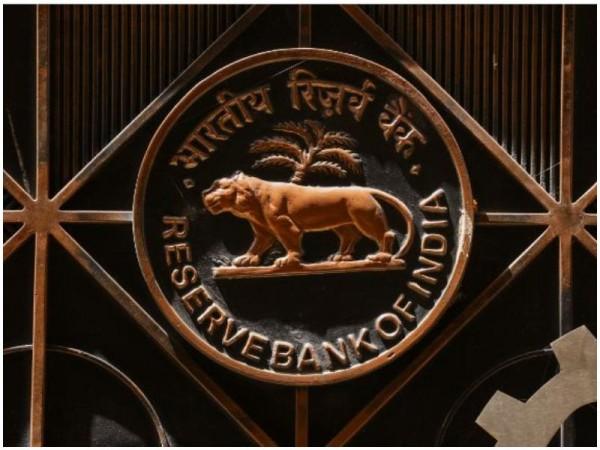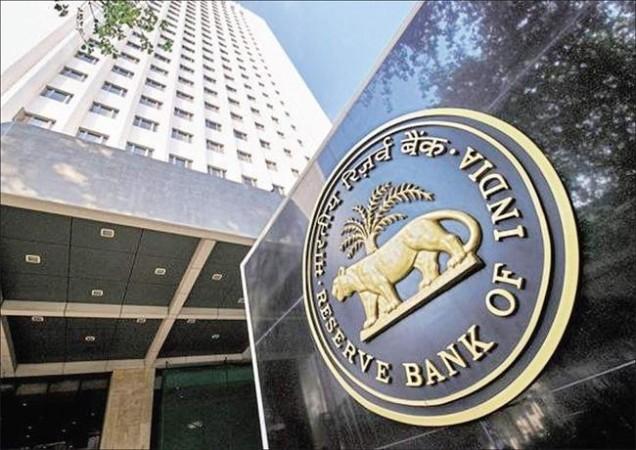
The Reserve Bank of India (RBI) has made a significant stride towards financial integration by collaborating with four ASEAN countries to establish a platform for instantaneous cross-border retail payments. This initiative, known as Project Nexus, is a product of the Innovation Hub of the Bank for International Settlements (BIS). The platform's primary objective is to connect India's Unified Payments Interface (UPI) with the fast payment systems of ASEAN members -- Malaysia, Philippines, Singapore, and Thailand. These countries, along with India, will be the founding members and pioneers of this platform.
The agreement was signed by the BIS and the central banks of the founding countries, including the Reserve Bank of India, Bank Negara Malaysia, Bank of Thailand, Bangko Sentral ng Pilipinas, and Monetary Authority of Singapore on June 30, 2024, in Basel, Switzerland. Indonesia, which has been involved from the early stages, continues to be involved as a special observer.

The Impact and Benefits of the UPI-ASEAN Payment Platform
The impact of the UPI-ASEAN payment platform will be most significant in cross-border transactions, particularly in retail sectors, e-commerce, and remittances between India and the ASEAN countries. Users will benefit from faster, more convenient, and cost-effective transactions, as they will be able to use their existing UPI apps for payments in these countries, eliminating the need for currency conversion hassles or high transaction fees associated with traditional cross-border payments.
This will enhance financial inclusion, boost trade, and foster closer economic ties between India and ASEAN, making international transactions as seamless as domestic ones for millions of users. The platform is expected to go live by 2026. Once functional, Nexus will play an important role in making retail cross-border payments efficient, faster, and more cost-effective.
The Future Expansion and Global Impact of the UPI-ASEAN Payment Platform
The expansion of the UPI-ASEAN payment platform to more countries would contribute to the global financial landscape in several ways. It would create a wider network of seamless payment systems, fostering global financial integration and making cross-border transactions more efficient for a larger user base. By demonstrating the success of a unified payment interface, it could encourage other regions to adopt similar systems, accelerating the global shift towards digital transactions.
Easier payment processes would likely boost international trade, as reduced transaction costs and faster settlements would make it more attractive for businesses to engage in cross-border commerce. The platform's expansion could extend financial services to unbanked populations in more countries, contributing to global financial inclusion efforts. It could lead to the development of international standards for interoperable payment systems, making it easier for users to transact globally without the need for intermediaries.
In conclusion, the collaboration between India and ASEAN on the UPI-based payment platform is a significant step towards financial integration. It not only enhances economic ties between the countries but also contributes to the global financial landscape by fostering financial inclusion, boosting trade, and promoting digital transactions. The platform's expansion to more countries in the future would further enhance its impact, making cross-border transactions more efficient for a larger user base and contributing to global financial inclusion efforts. This initiative is a testament to the power of collaboration and innovation in shaping the future of global finance.









